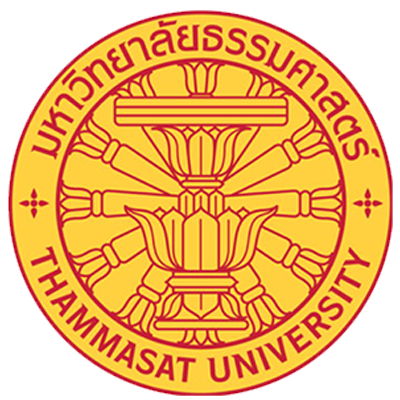Revolutionizing Healthcare Delivery: Thammasat University Hospital Unveils Thammasat Advanced Medical Center

Sponsored by

Sponsored by

Thammasat University Hospital, a rapidly evolving and highly efficient public hospital in Thailand, is undergoing a significant transition with the appointment of a new leadership team.
From Secondary Care to Leading Tertiary Hospital
Initially established as a secondary care facility, Thammasat University Hospital has experienced remarkable growth over less than four decades. It has now emerged as a leading tertiary-level hospital, providing high-quality services comparable to international standards. The hospital plays a crucial role in addressing Thailand's healthcare challenges.

Significant Infrastructure Expansion
In the past decade and continuing into the coming years, the hospital has seen substantial growth in both public services and infrastructure. This includes the integration of cutting-edge technologies and the construction of new physical spaces totaling over 100,000 square meters. These enhancements improve public service delivery efficiency. The expansion involves more than five new buildings, such as the Thammasat Medicine Center, the Thammasat Hospice Palliative Care Unit, the 88th and 90th Anniversary Buildings for outpatient and inpatient services, and the Thammasat Innovation Hub.

Four Pillars of Development
The hospital's development plan emphasizes four key areas:
- Providing Care and Treatment: Focusing on rare and complex diseases, the hospital aims to acquire advanced medical technologies like proton beam radiation therapy machines for cancer treatment, da Vinci surgical robots, and AI applications for medical uses such as interpreting scans and organ transplantation.
- Supporting Research and Innovation: The newly established Medical Genomics Center acts as a central hub for genomics in medicine. It has the potential to evolve into a national-level unit, offering services that range from accurate diagnosis and precision treatment planning (precision medicine) to legal genetics services, disease prediction, and pharmacogenomics.
- Enhancing Teaching and Learning: The hospital aims to provide learning opportunities beyond the traditional curriculum for students within the Health Science Center group, which includes the Faculty of Medicine, Nursing, Public Health, Dentistry, Pharmacy, and Allied Health Sciences. Students will gain exposure to various aspects of healthcare services not typically covered in classrooms, such as field hospitals, medical centers, and hospital management.
- Organizational Development: Recognizing the impact of recent and future developments on the workload of medical personnel, the hospital prioritizes supporting its staff to create a balanced work environment.
Data-Driven Approach to Success
The hospital emphasizes the use of factual data, both statistical and observational, to guide development and problem-solving. This approach ensures that even the most ambitious goals are attainable.
For more information regarding Thammasat Advanced Medical Center (THAMC), please refer to this link. Thammasat Advanced Medical Center; ศูนย์การแพทย์ธรรมศาสตร์